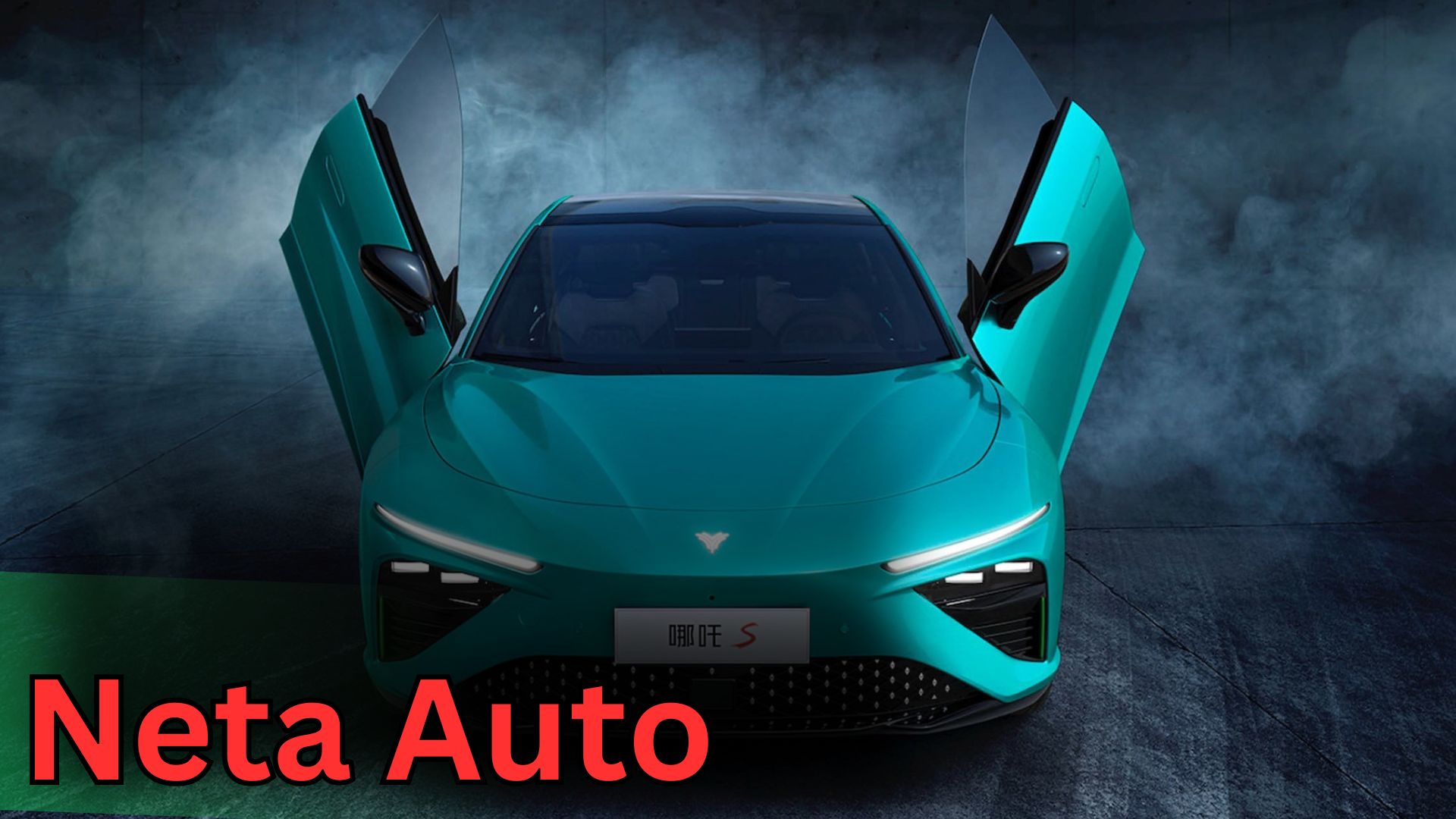Neta Auto, a Chinese electric vehicle (EV) manufacturer, is preparing to restart production operations following a period of financial distress and halted manufacturing. Once seen as a rising player in the competitive EV sector, the company has faced declining sales, unpaid debts, and insolvency. The current developments could mark a potential turning point in Neta Auto’s attempt at revival through bankruptcy restructuring.

Summary Table
Key Detail |
Information |
|---|---|
Company |
Neta Auto (Hozon Auto) |
Peak Annual Sales |
152,000 vehicles (2022) |
2024 Sales |
~88,000 vehicles |
Q1 2025 Sales |
1,215 vehicles |
Insolvency Filed |
June 2025 |
Cumulative Losses |
¥18.3 billion (~€2.2 billion) |
Unpaid Supplier Claims |
¥6 billion (~€720 million) |
Production Resumption |
August 2025 (Expected) |
Employees Paid |
Salaries resumed July 2025 (Tongxiang plant) |
Investor Interest |
47 companies |
Official Website |
A Fall from Grace: Neta Auto’s Decline
Neta Auto, operated by Hozon Auto, was considered a strong contender in China’s booming EV market. In 2022, the company achieved its highest-ever sales figures, delivering 152,000 vehicles. However, its fortunes sharply declined in the years that followed. By 2024, vehicle sales had dropped to just under 88,000 units a significant setback.
The first quarter of 2025 further highlighted the manufacturer’s difficulties, with only 1,215 units sold. Reports also surfaced accusing Neta of inflating its sales numbers, casting further doubt on the company’s integrity during its financial crisis.
Insolvency and Severe Liquidity Crisis
The situation worsened when Neta Auto officially entered bankruptcy restructuring proceedings in June 2025. The company had already faced months of financial instability leading up to this point.
Key suppliers, including prominent battery manufacturer CATL, stopped deliveries due to unpaid invoices. These supply chain disruptions forced Neta to halt production entirely. Reports indicated that unpaid supplier claims had reached over 6 billion yuan (approximately 720 million euros), while the company’s cumulative losses amounted to more than 18.3 billion yuan (approximately 2.2 billion euros).
In a striking detail from court records in March 2025, it was revealed that the collective bank accounts of Neta’s affiliated companies held less than 500 yuan (approximately 60 euros), underscoring the gravity of the liquidity crisis.
Failed Rescue Attempt and Debt Negotiations
In a desperate attempt to restore stability, Neta proposed a “debt-for-equity” swap in March 2025. Under this offer, 70 percent of the outstanding debts would be converted into equity in Hozon Auto, the parent company, while the remaining 30 percent would remain as interest-free liabilities.
However, negotiations fell through in May 2025, as key suppliers and creditors reportedly rejected the terms of the agreement. The failure of this deal directly contributed to the company filing for insolvency the following month.
Signs of a Turnaround: Production Restart and Salary Payments
Despite the bleak outlook earlier this year, recent developments hint at a possible recovery. According to multiple Chinese media outlets, Neta Auto is now preparing to resume production at its Tongxiang plant. This move is a critical milestone in its restructuring process.
July marked the first time in months that the company fully paid salaries to its employees at the Tongxiang facility. This step is seen as a positive sign that Neta is regaining control of its financial obligations, even as it remains under court-administered restructuring.
Growing Investor Interest and Dealer Support
Another encouraging sign is the growing interest in the company from external stakeholders. Reports indicate that 47 companies have shown willingness to invest or participate in the rescue of Neta Auto. This level of interest may help the company secure the capital needed to support operations and satisfy some of its creditors.
Additionally, Neta is actively working to revive its sales and service networks across China. The automaker is reportedly providing both financial and material support to dealership partners who continue to cooperate.
The Broader Market: China’s EV Sector Under Pressure
Neta’s troubles are not isolated. The broader Chinese electric vehicle market is undergoing intense competitive pressure. Overproduction, aggressive discounting, and unusual practices such as “zero-kilometre cars” have plagued the industry.
Zero-kilometre cars refer to brand-new vehicles that are registered briefly before being sold as used-often at lower prices or exported to international markets. This practice has drawn criticism from the Chinese government, which has urged automakers to end harmful pricing strategies and maintain healthier competition.
Frequently Asked Questions (FAQs)
1. What is Neta Auto?
A. Neta Auto is a Chinese electric vehicle brand under the parent company Hozon Auto. It focuses on affordable EVs for the Chinese and select overseas markets.
2. Why did Neta Auto stop production?
A. Production was halted due to severe financial problems, including unpaid supplier invoices. Key suppliers stopped delivering parts, forcing the company to cease manufacturing.
3. Has Neta Auto resumed operations?
A. The company is in the process of restarting production as of August 2025, following improvements in wage payments and dealer engagement.
4. Will Neta Auto survive bankruptcy?
A. While challenges remain, the interest from 47 potential investors and a return to production indicate possible recovery prospects.
5. What is a zero-kilometre car?
A. A zero-kilometre car is a new vehicle that is registered for a brief period before being sold as a used vehicle, often to manipulate sales figures or reduce excess inventory.
For More Information Click Here